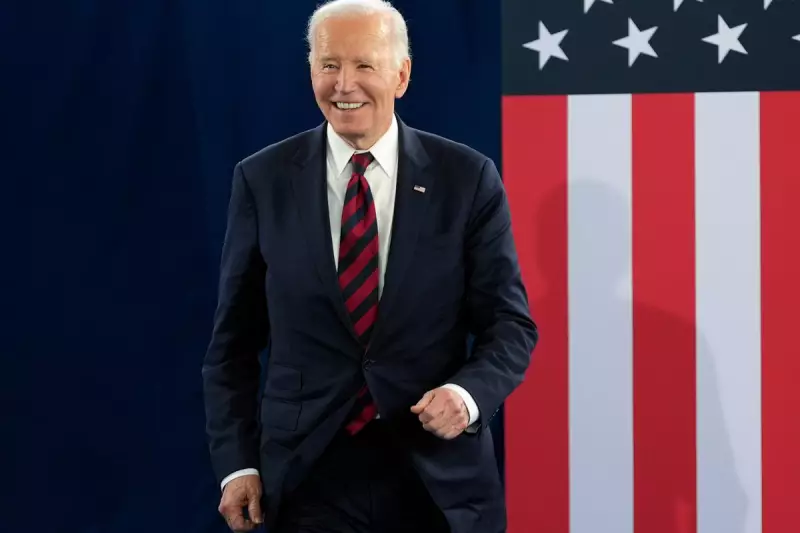
In a startling legal development that has sent shockwaves through Washington's political circles, President Joe Biden's attempt to grant pardons using an autopen signing machine has been declared legally invalid. The controversial move occurred while the President was attending the G7 summit in Japan, raising fundamental questions about the limits of executive power in an increasingly digital world.
The Constitutional Conundrum
The heart of the matter lies in whether modern technology can adequately substitute for traditional presidential duties. Legal experts have pointed to the Constitution's requirement that the President must personally execute certain powers, including the granting of pardons. The autopen, while convenient for routine documents, appears to fall short when it comes to this specific constitutional responsibility.
A Precedent with Consequences
This isn't the first time an American president has tested the boundaries of the autopen's capabilities. The Obama administration previously utilised the device for less critical documents, but never for something as constitutionally significant as presidential pardons. The current ruling establishes a crucial precedent that could shape how future administrations approach executive responsibilities during international travel.
Legal Experts Weigh In
Constitutional scholars have expressed mixed reactions to the development. Some argue that in our modern era, physical presence shouldn't constrain presidential duties, while others maintain that the framers of the Constitution intentionally required personal involvement for certain acts of executive power. The debate touches on broader questions about how centuries-old documents should adapt to 21st-century realities.
What This Means for Future Administrations
The ruling potentially forces sitting presidents to carefully consider their travel schedules around critical signing deadlines or return to more traditional methods of governance. It also raises questions about whether other presidential actions conducted through technological proxies might face similar legal challenges in the future.
As the White House considers its response, this case serves as a reminder that even in our digitally connected world, some constitutional requirements remain firmly rooted in physical reality. The outcome of this legal battle could redefine the boundaries of presidential power for generations to come.





